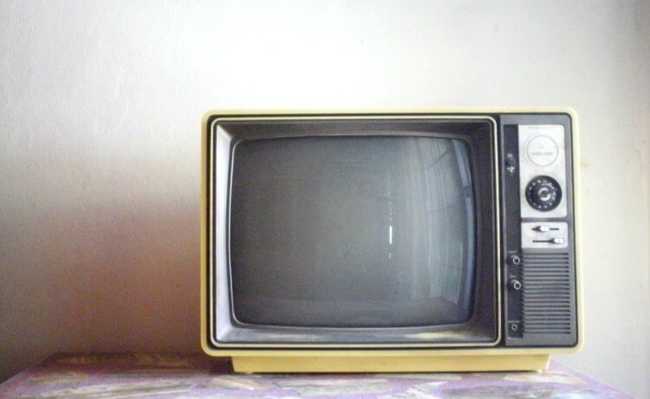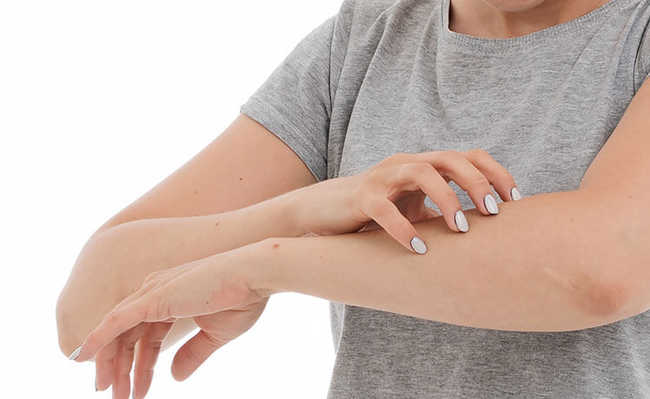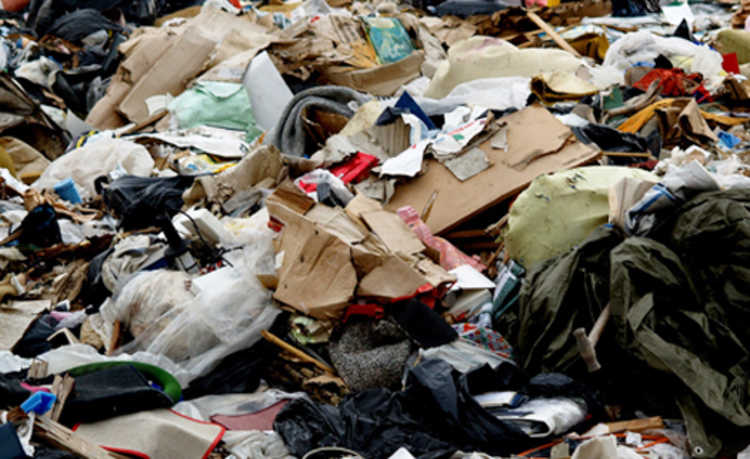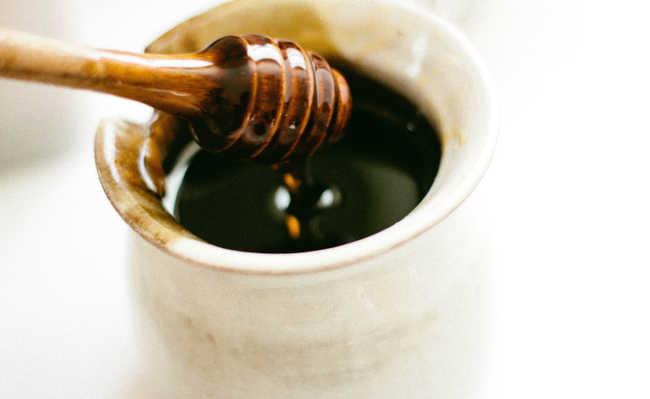Phosphates cause serious environmental damage
Widely used in agriculture and cleaning products, the different types of phosphate can cause serious damage to the environment

Have you ever heard about the problems phosphates cause? The main one is the eutrophication of water bodies, which is the multiplication of algae caused by excess phosphorus and nitrogen released into the water. The phosphate (or phosphate, in English) is an ion consisting of a phosphorus atom and four oxygen atoms, being represented by the acronym PO4³-. Phosphorus, used by numerous industrial processes, is the chemical element with atomic number 15 on the Periodic Table of Elements, and is found in abundance on the globe. It reacts with several important compounds, forming, for example, phosphopyrite, apatite and uranite, which are some examples of phosphate. These substances are used on a large scale in agriculture, food industries and cleaning products.
However, over time, the growing use of these cleaning products, combined with the non-judicious application of phosphate fertilizers on crops, led to the emergence of environmental problems related to water pollution. But why?
Agriculture is, without a doubt, the biggest consumer of phosphates. Together with nitrogen and potassium, phosphates are used to make inorganic fertilizers.
In the food field, phosphates are used in many foods, such as meats, dairy products and soft drinks, due to their high value as a nutrient. The functions of phosphates in foods are to control pH, maintain flavor and preserve the food, decreasing the tendency of certain products to discolor and become rancid over time. Read more about this in the article: "Phosphate in foods: additives in ultra-processed food can be harmful to health".
Cleaning products are the third largest source of phosphate discharge to surface water. Used as sodium tripolyphosphate (STPP), these phosphates act by decreasing the surface tension of water. Once the dirt, such as grease, for example, has already come off the clothes or dishes, the STPP is responsible for keeping them suspended in the water, so that they can be removed later.
Under strong pressure from environmentalists, concerned about the consequences generated by the indiscriminate use of this substance, the first legislation that restricted the addition of phosphates to detergents in various regions of the world emerged.
In Brazil, aiming at reducing and possibly eliminating the use of phosphate in detergents, the National Council for the Environment created CONAMA resolution 359/05, which provides for the regulation of phosphorus content in powder detergents for use in the domestic market. It was established that the maximum phosphorus limit should be 4.8%.
Problem caused by phosphates: eutrophication
The effects of phosphates on the environment are worrying. The large amount of nitrogen and phosphorus released into water bodies by human activities provides a totally favorable environment for the rapid multiplication of algae. As the algae population increases, a green layer is created on the surface of the water body, preventing the passage of light. Thus, the plants that stay at the bottom cannot carry out photosynthesis and the level of dissolved oxygen becomes smaller and smaller, causing the death of aquatic populations that depend on oxygen to survive.
In addition to reducing the biodiversity of organisms, eutrophication is also responsible for reducing water quality, changing its characteristics, such as transparency and color, in addition to the production of bad smell and toxic substances by some algae, making the use of water for consumption, recreation, tourism, landscaping and irrigation purposes.
Currently, companies are adapting to the new times and placing less aggressive products on the market, both for the consumer and for the environment - there are natural options and biodegradable products. Try to stay informed about which brands do not have phosphates in their composition and try using some homemade recipes to clean the house - in addition to being more economical, it is also friendlier to the environment. Learn how to make homemade cleaning products.










